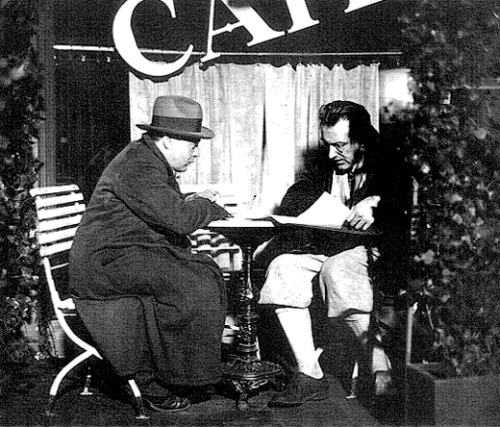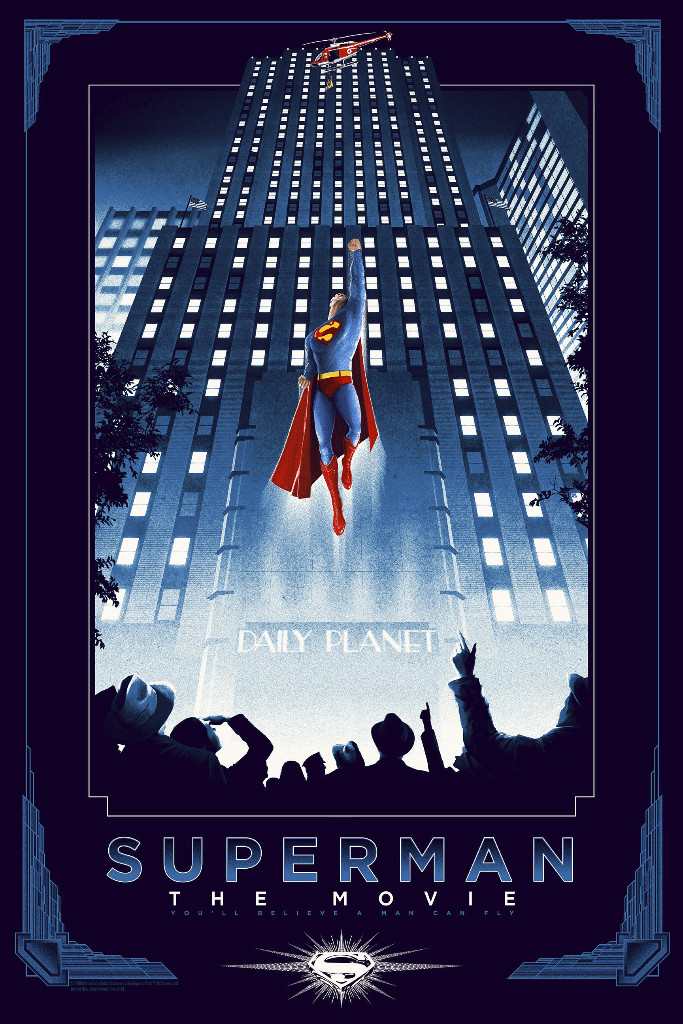Transcript
ARI SHAPIRO, HOST:
People who want help with their drug problems are dying while they’re on waitlists for treatment. We’ve been looking at how campaign issues are affecting people in real life. And today, we want to focus in on one particular challenge – getting help for people struggling with opioid abuse and heroin addiction at the moment they need it. NPR’s Tamara Keith is here and has been following both the campaign and the opioid issue. And, Tam, tell us what you found.
TAMARA KEITH, BYLINE: There is no safe use of heroin. Your next dose could kill you. And again and again, I heard from people that simply there is not enough capacity in treatment programs and that insurance, at times, doesn’t cover the treatment that people want or need.
SHAPIRO: You spent some time in New Hampshire, and I understand you brought back some personal stories that really reflect on these challenges.
KEITH: Yes. First, I want to tell you about Courtney Griffin. She was 20 years old, addicted to heroin, ready to get help. Her mom, Pamela Griffin, thought that she had found that help at an inpatient treatment center about an hour from where they lived. And she told me about that night.
PAMELA GRIFFIN: I told Courtney, we have an appointment finally. Pack your bag because you’re going. I mean, I thought she was going to be admitted right in there.
KEITH: Pamela waited in the lobby while Courtney went in to fill out her paperwork. And about 90 minutes later, she tells me, Courtney was back, shaking her head. Their insurance had been declined. This is the explanation she says they got.
P. GRIFFIN: They declined, saying that it wasn’t a matter of life and death. And Courtney said, this drug is going to kill me. She knew. She knew. And I sat there and I thought, are you kidding? And it was all about $12,000. They woman said, you know, can you call your dad? $12,000 – we really have the perfect program for you that will help you. We just need the money.
SHAPIRO: We’re hearing there from Courtney’s mother, Pamela. What happened to Courtney?
KEITH: She was devastated. They left that facility completely devastated. She got on a wait list for another program, and then her dad, Doug Griffin, says he got a call.
DOUG GRIFFIN: When you’re a parent of an addict, you’re always afraid of the call. You know, you always know that the call is going to come.
KEITH: And it did. It was about two months after she had been turned away from that first facility. Courtney was alone and overdosed.
SHAPIRO: At age 20.
KEITH: At age 20.
SHAPIRO: How common is it for people to get turned away because their insurance won’t cover the treatment that they say they need?
KEITH: There’s no good real-time tracking of either treatment availability or statistics about insurance denials. But one recent study found that only about 20 percent of people who have either moderate or severe drug use disorder receive treatment. And if you talk to family members like the Griffins, you hear this constantly. There are just countless completely wrenching stories just like theirs.
SHAPIRO: You also said that, even when insurance will cover treatment, there’s often not the capacity for the people who need it. How big is that problem?
KEITH: One issue is that when people think of treatment, they think of a residential program, 28 days, abstinence, 12 steps. And there simply aren’t enough beds available to help all the people that want that kind of treatment, and many folks don’t realize that there are other options, like medication-assisted treatment -methadone, other drugs like that. But there aren’t enough doctors that do that, so there are waitlists for all kinds of treatment. I want to tell you about another person whose story really brings that home – the issue of these waitlists. His name is Dean Lemire. And in 2012, he had been using heroin for about eighteen months when he decided he just needed to stop.
DEAN LEMIRE: The heroin wasn’t doing what I wanted it to. And when I wasn’t high, I was suicidal.
KEITH: So he went to a state-funded treatment center, and he said he was put on a waiting list.
LEMIRE: And I had to call every day, three times a day for three weeks. You know, by the end of two and a half weeks, I gave up.
SHAPIRO: So what happened?
KEITH: He downed a fifth of cheap Canadian whiskey in a plastic bottle and got in his car looking for heroin.
LEMIRE: And I got in three car accidents, totaled my car and another, woke up in a jail cell. And when I finally got back home, I called the rehab, and I guess they deemed me serious enough to require their services, so they bumped me up and got me and.
SHAPIRO: And was that enough to solve the problem?
KEITH: Yes. He’s doing really well now. He’s in long-term recovery. He’s married with a young child. And he’s now working as a substance misuse educator at Goodwin Community Health in New Hampshire. He’s working to help other people like him. But here’s the thing – he says the situation hasn’t actually improved.
LEMIRE: That wait period has not gotten better. It’s actually gotten worse.
SHAPIRO: All right, Tam, the problems are really clear. We’re calling this series Politics in Real Life, so where does politics come in? What are elected leaders actually doing to fix these problems?
KEITH: States are holding special legislative sessions. The U.S. Senate has already passed a bipartisan package of bills to deal with the opioid crisis. And the House this week is taking up 18 different bills related to opioids.
SHAPIRO: But when you say related to opioids or to deal with the opioid crisis, is this actually going to get rid of waitlists? Is this actually going to force insurance companies to cover the treatment that, right now, they’re not always covering?
KEITH: Yes and no. There are bills that would expand treatment options. The CDC just came out with new guidelines for doctors that prescribe opioids to try to reduce abuse. There’s a White House task force on insurance coverage. Their results are due in about six months.
SHAPIRO: You actually talked to the new White House drug czar about this.
KEITH: Indeed. I spoke to him yesterday. His name is Michael Botticelli. His official title – he doesn’t really like drug czar – is the director of national drug control policy.
MICHAEL BOTTICELLI: It’s really tragic that people aren’t able to get care and are often dying when they’re on waiting lists. You know, every other disease, you get treatment on demand. And that’s what we want.
KEITH: He’s hopeful that the things that are being worked on right now will make a difference. But this is moving in inches, not in miles at this point.
SHAPIRO: In that case, it’s likely to fall to the next president. And what have the candidates said about this?
KEITH: The candidates were surprised. The candidates, when they started going into New Hampshire to campaign because that’s what you do when you’re running for president, they were hit over the head with this. They encountered family members like Doug Griffin. And even a makeup artist who was doing makeup for the candidates at debates had lost her daughter to an overdose and was talking to them about it. So they were confronted with this issue, and they rapidly started including in their stump speeches mentions of the crisis, talking about friends and family members who they knew who had been affected in some way.
SHAPIRO: And it’s not a partisan divide. Republicans and Democrats both see this as a problem, and they roughly, more or less, agree on the solutions.
KEITH: Broadly – very broadly speaking. Everyone is basically now saying this isn’t a war on drugs. This is not a law enforcement issue as much as it is a public health crisis. And that’s a huge shift. But in terms of the specifics, Hillary Clinton has come out with a pretty detailed plan. A lot of what she’s talking about is now part of what Congress and the White House are doing because there’s sort of a limited universe of options. Bernie Sanders has been less specific about what he would do, but his Medicare-for-all plan would, in theory, cover all of this treatment for everyone. Donald Trump does the Trump thing. And he says his wall – his wall along the border – will help keep drugs out of the U.S.
SHAPIRO: Prescription painkillers?
KEITH: No, just heroin. The prescription painkillers is another thing. But he says he does want to get help for everyone. He doesn’t exactly say how. And of course, he has said that he wants to repeal the Affordable Care Act. However, he does say he would replace it with something tremendous.
SHAPIRO: That’s NPR’s Tamara Keith with the latest in our look at politics in real life. Tell us the issues you want to see candidates address. Join the conversation on social media with the hashtag #politicsirl.
Copyright © 2016 NPR. All rights reserved. Visit our website terms of use and permissions pages at www.npr.org for further information.
NPR transcripts are created on a rush deadline by Verb8tm, Inc., an NPR contractor, and produced using a proprietary transcription process developed with NPR. This text may not be in its final form and may be updated or revised in the future. Accuracy and availability may vary. The authoritative record of NPR’s programming is the audio record.






